
A statement released by the Office of the Correctional Investigator indicates a significant over-representation of first nations inmates in the Canadian prison population.
First nations people account for approximately 5 per cent of the Canadian population but make up 30 per cent of the federal inmate population. That’s up from 25 per cent just four years ago. Indigenous women account for 42 per cent of all women in federal custody.
In the Yukon however, incarceration rates for indigenous people are even higher. In the Yukon, a 2018 report indicated a total of 476 incarcerated adults – down 30 per cent since 2007. Currently 62 per cent of Yukon inmates are first nations – down from 76 per cent in 2007.
The correctional investigator of Canada, Ivan Zinger, says this trend is disturbing and he called for urgent actions from both corrections and the government. He called the indigenization of Canada’s prison population a national travesty. Zinger says that Indigenous people are more likely to be placed in maximum security institutions, server higher proportions of their sentences before parole and are returned to custody at much higher rates than non-Indigenous people. Zinger indicated that federal corrections seem to have no interest in addressing the needs, histories and social realities behind high rates of indigenous offending.
Zinger continued, estimating that on this trajectory the pace is set for Indigenous people to comprise 33% of the total federal inmate population in the next 3 years. Over the long term, despite the findings of Royal Commissions and National Inquiries, no government of any level has managed to reverse the trend of Indigenous over-representation in Canadian jails and prisons. Despite the high numbers, Zinger says that he is not necessarily surprised by the data.
Ultimately Zinger says that all of these outcomes come under the exclusive domain of the Correctional Service of Canada (CSC). He says that has ignored the data and recused itself from any responsibility for Indigenous representation, instead insisting that the corrections system is simply at the receiving end of the criminal justice system, and has no control over who gets no control or jurisdiction over factors that decide who is sent to prison and for how long.
Jordan Crosby, director of parliamentary affairs, says there is much work to be done but points to certain actions such as a streamlined bail system, investments to support reintegration of incarcerated indigenous people and the opening of a healing lodge in Winnipeg.
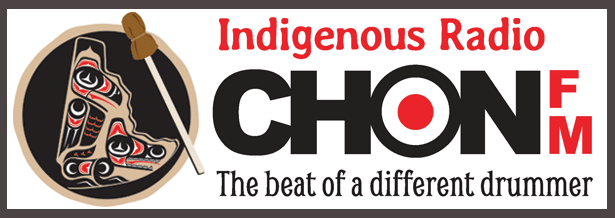
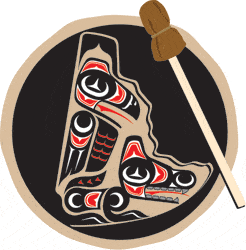

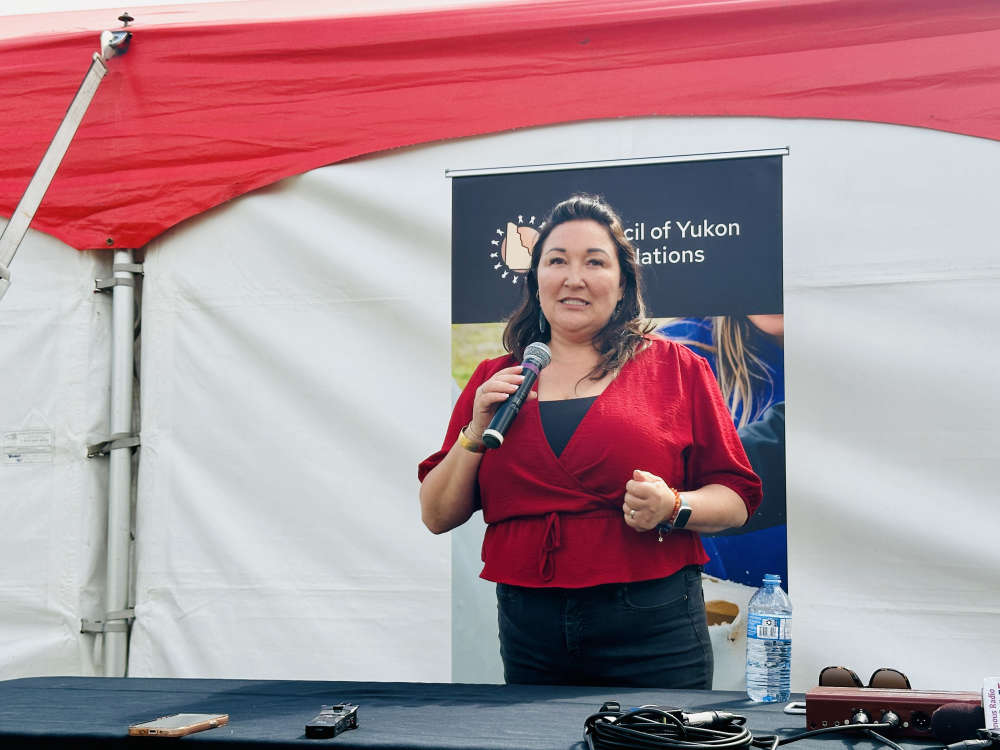 Math'ieya Alatini elected CYFN Grand Chief
Math'ieya Alatini elected CYFN Grand Chief
 Watson Lake man charged in firearm robbery
Watson Lake man charged in firearm robbery
 House fire in McIntyre contained
House fire in McIntyre contained
 RCMP plane crash caused by faulty sensor: TSB report
RCMP plane crash caused by faulty sensor: TSB report
 New Fireweed Mental Health unit opens at Whitehorse General Hospital
New Fireweed Mental Health unit opens at Whitehorse General Hospital
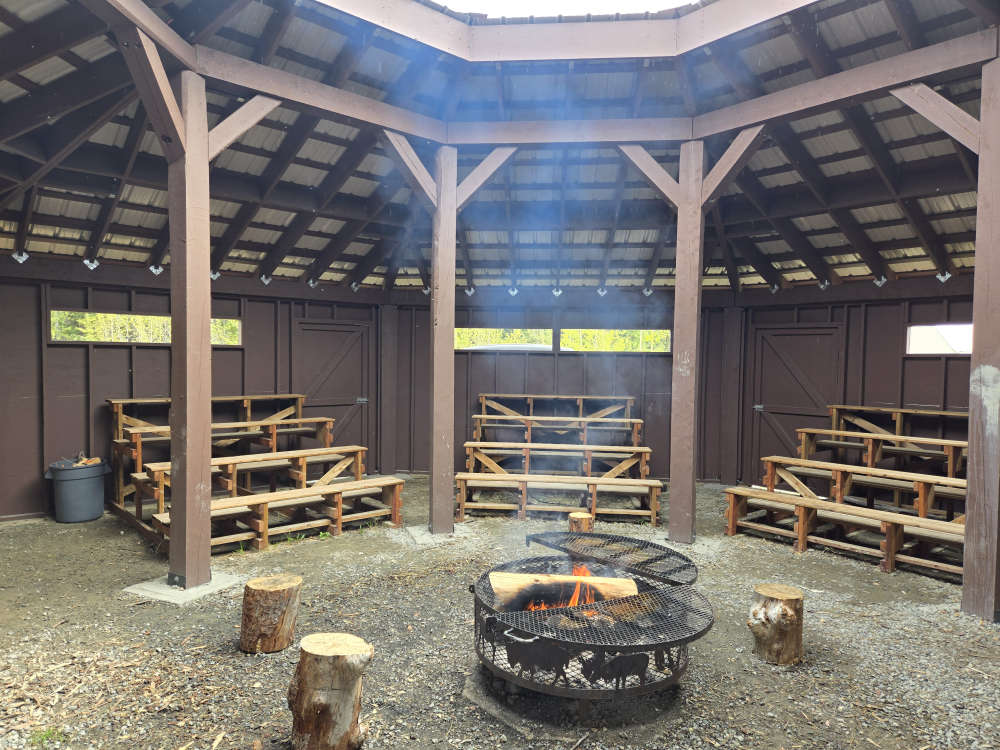 Traditional learning camp opens at Whitehorse school
Traditional learning camp opens at Whitehorse school
 Yukon Schools introduce online registration for bus service
Yukon Schools introduce online registration for bus service
 Yukon Government unveils progress in healthcare transformation with 2024 Putting People First annual report
Yukon Government unveils progress in healthcare transformation with 2024 Putting People First annual report
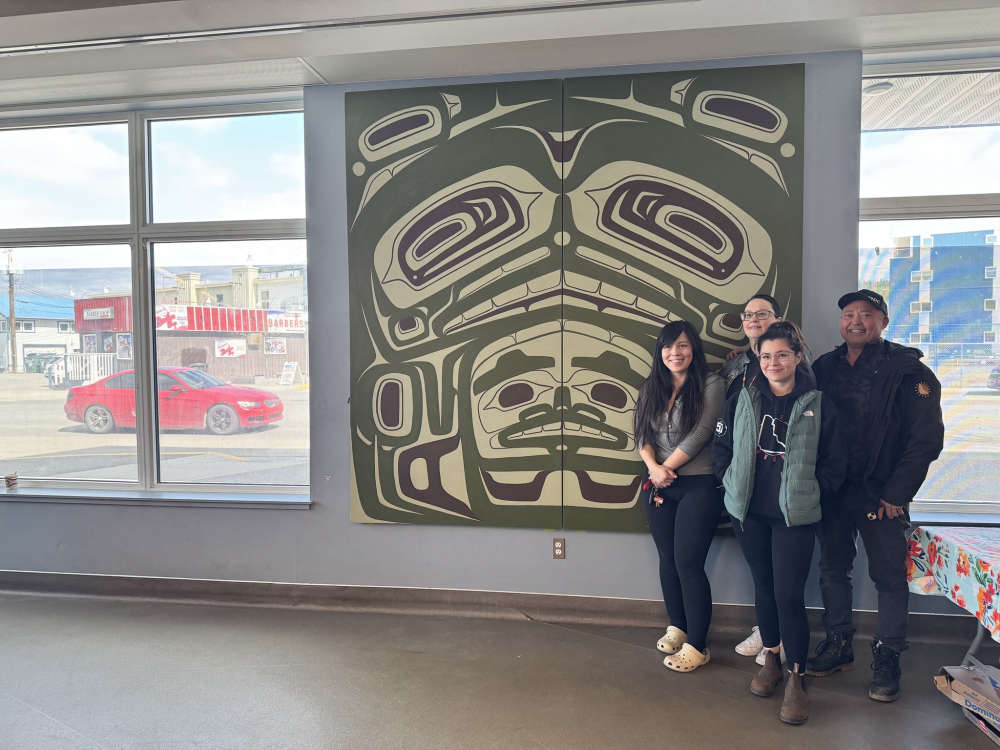 Whitehorse Emergency Shelter unveils New Artwork celebrating Yukon First Nations culture
Whitehorse Emergency Shelter unveils New Artwork celebrating Yukon First Nations culture
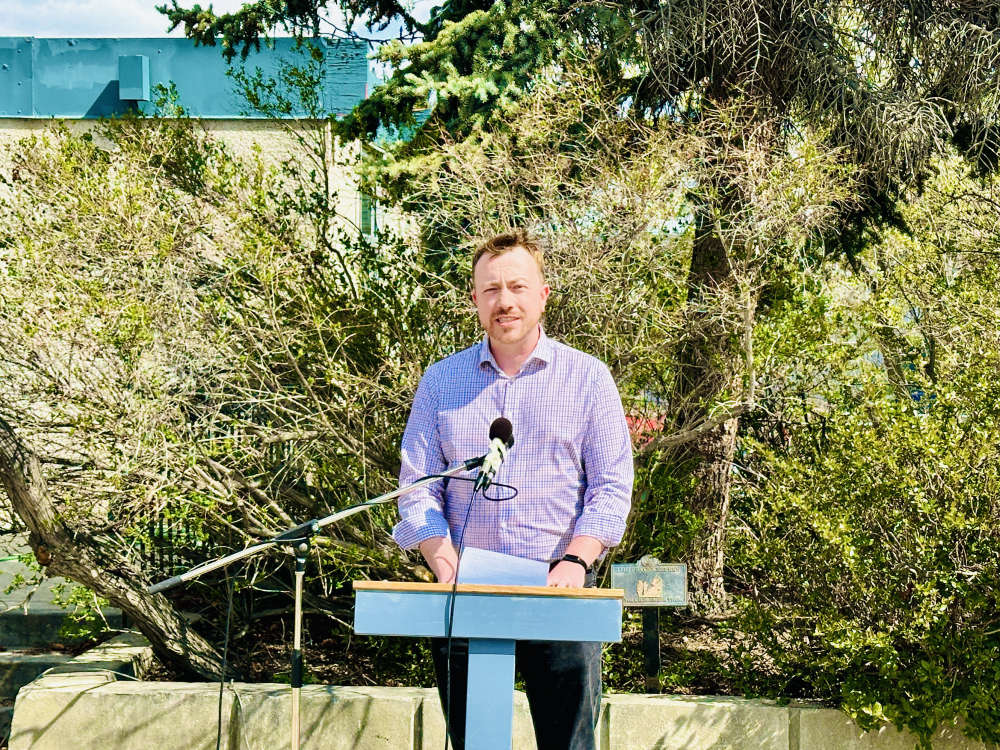 Former Whitehorse City Councillor Ted Laking announces bid for Yukon Party nomination in Porter Creek Centre
Former Whitehorse City Councillor Ted Laking announces bid for Yukon Party nomination in Porter Creek Centre
 Yukon Government seeks applicants for new Health Authority Board
Yukon Government seeks applicants for new Health Authority Board
 Canada Post strike looms, Yukoners brace for disruption
Canada Post strike looms, Yukoners brace for disruption
 Driver charged in fatal collision that killed Yukon Government Deputy Minister and injured Minister
Driver charged in fatal collision that killed Yukon Government Deputy Minister and injured Minister
 Yukoners encouraged to apply for Northwestel's Northern Futures Scholarship Program
Yukoners encouraged to apply for Northwestel's Northern Futures Scholarship Program
 City of Whitehorse summer transportation maintenance work underway
City of Whitehorse summer transportation maintenance work underway
 Yukon Government seeks input on new downtown public school
Yukon Government seeks input on new downtown public school
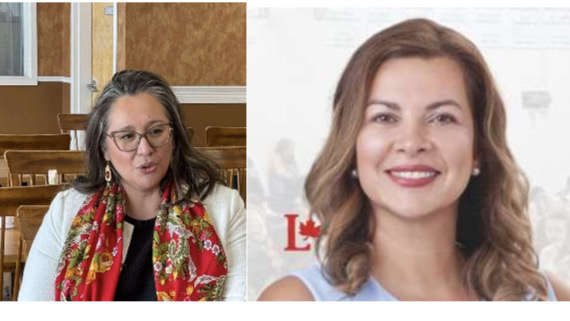 Indigenous leadership takes centre stage: Rebecca Chartrand and Mandy Gull-Masty appointed to key cabinet roles
Indigenous leadership takes centre stage: Rebecca Chartrand and Mandy Gull-Masty appointed to key cabinet roles
 Whitehorse prepares for Annual 20-Minute makeover
Whitehorse prepares for Annual 20-Minute makeover
 RCMP conducting training exercises on Schwatka Lake
RCMP conducting training exercises on Schwatka Lake
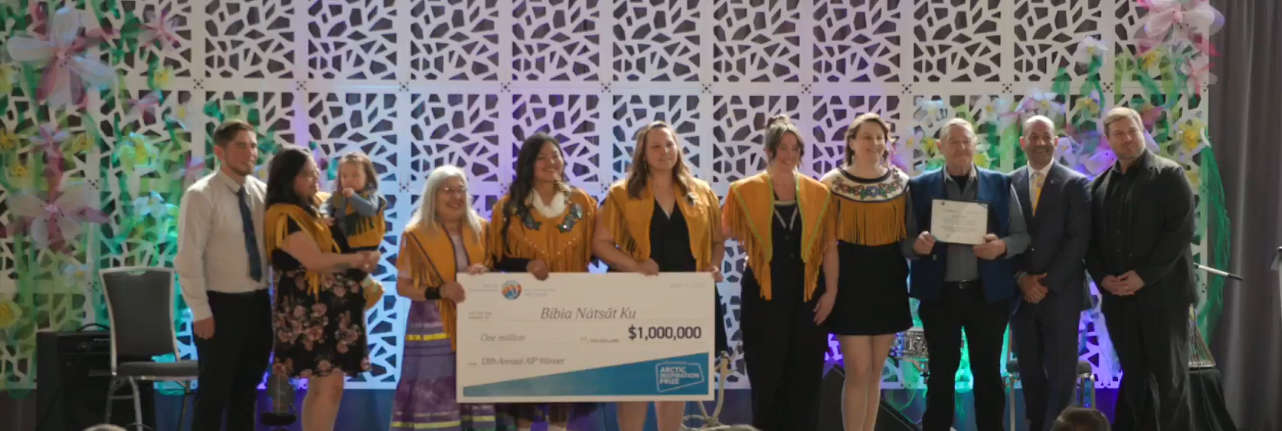 CYFN makes history as winner of prestigious Arctic Inspiration Prize
CYFN makes history as winner of prestigious Arctic Inspiration Prize